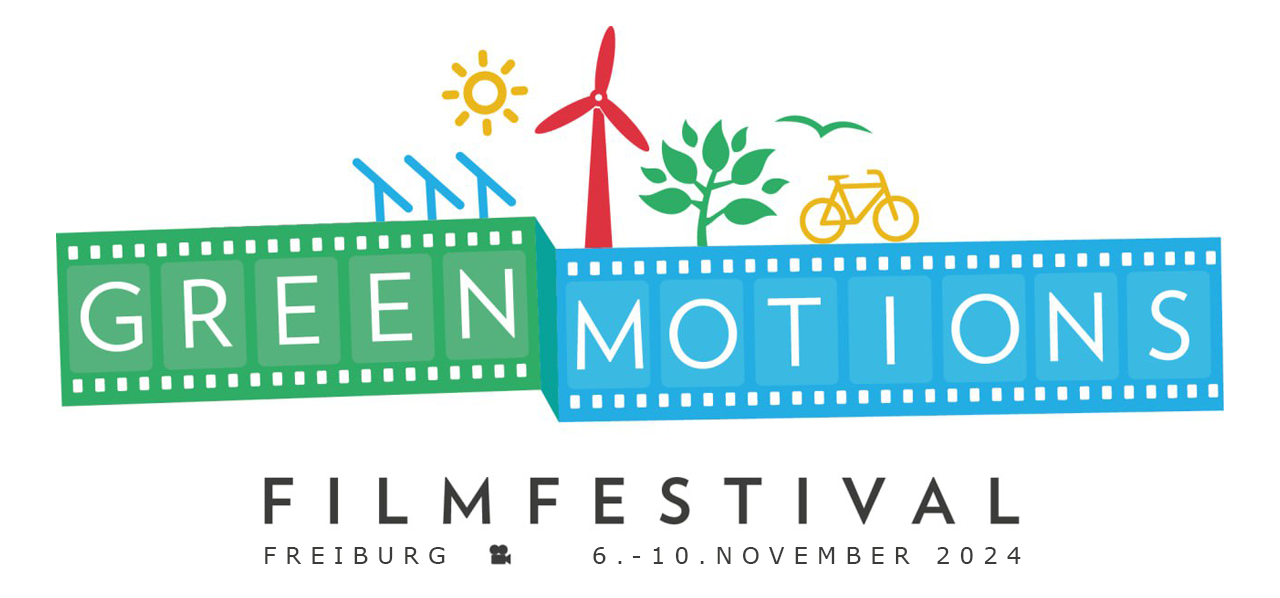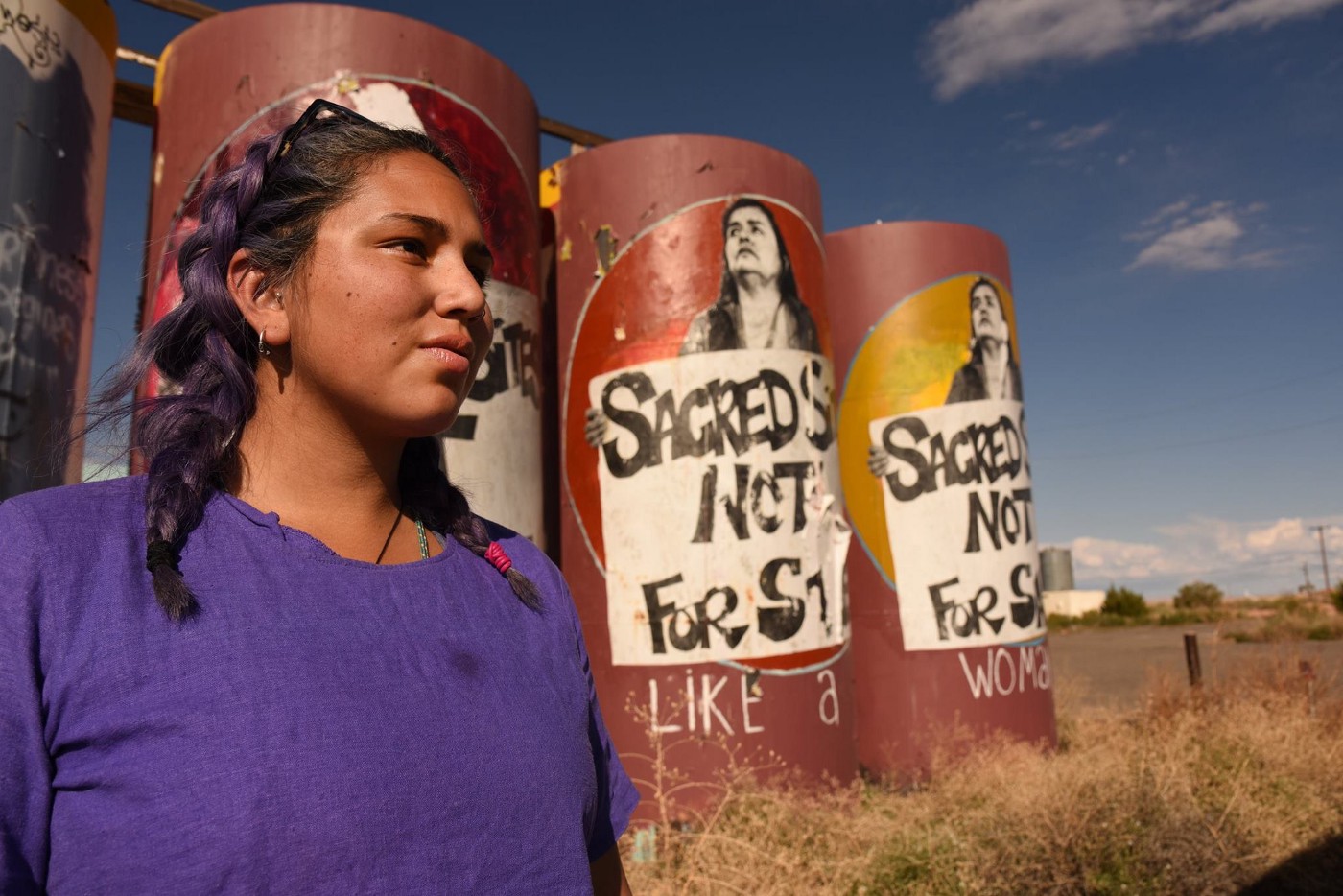Climate change affects countries and people very differently. Although the countries of the Global South have contributed the least to climate change, it is those particularly vulnerable communities and countries that are particularly suffering from its destructive consequences. At the same time, representatives of the Global South are still not given enough space in multilateral negotiations to make their perspectives and solutions heard. For this reason, in addition to the Public Awards for feature and short films, we have decided to offer a prize for the special topic “Climate Justice – Perspectives and Solutions from the Global South” in this year’s edition.
We have received numerous exciting and inspiring submissions on this topic: Chao Carbón will give us an insight into the use of fossil fuels, the associated damage to people and the environment, and the struggles against these practices in Chile. The film Powerlands shows from an indigenous perspective the displacement and environmental destruction of fossil fuel corporations in Colombia, the USA, Mexico and the Philippines. I am more dangerous dead tells the story of Ken Saro-Wiwa, a Kenyan writer and activist who fought against the exploitative activities of the Shell company in his home country and paid for this fight with his life. In Threatened Tapajos, indigenous people from Brazil report on the deforestation of the Amazon rainforest and the impact this practice has on their lives. The film Stepping Softly on the Earth also portrays indigenous ways of life in the Amazon rainforest and the dangers that capitalist extractivism poses to them. On Sunday afternoon, two films take us to Africa: While Mapping Survival portrays a young woman from Chad who is promoting the fight against the climate crisis through a mapping project, Desert Phosphate shows the life of the Saharawi who initiate small-scale garden projects in a refugee camp in the Sahara in order to secure their livelihood despite their precarious living situation.
Besides those films, we also organise a workshop, together with some students of the Environmental Governance Master of the University of Freiburg. The workshop, “Decolonizing our minds: rethinking what has been normalised in environmental action” will take place on Saturday the 11th of November.

